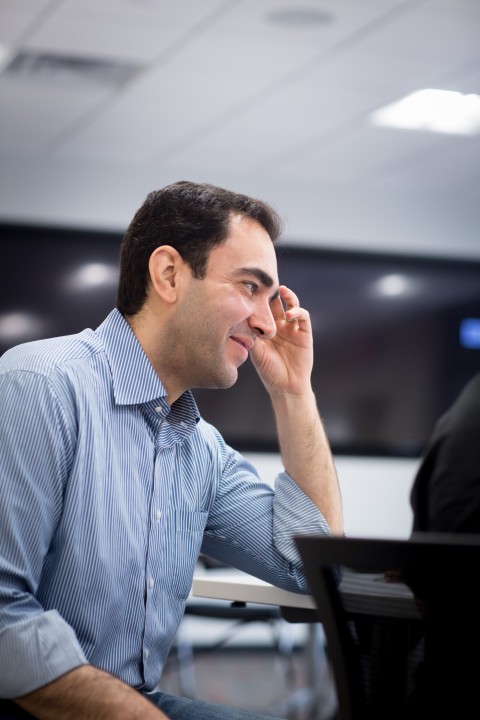Technical Interviews
A technical interview consists of a series of questions designed to test your technical knowledge in your major such as programming, algorithms, data structures, circuits, operating systems, estimating, materials testing, etc. and your ability to solve problems. They can consist of coding challenges, word problems, peer discussions, puzzles, or brain teasers.


